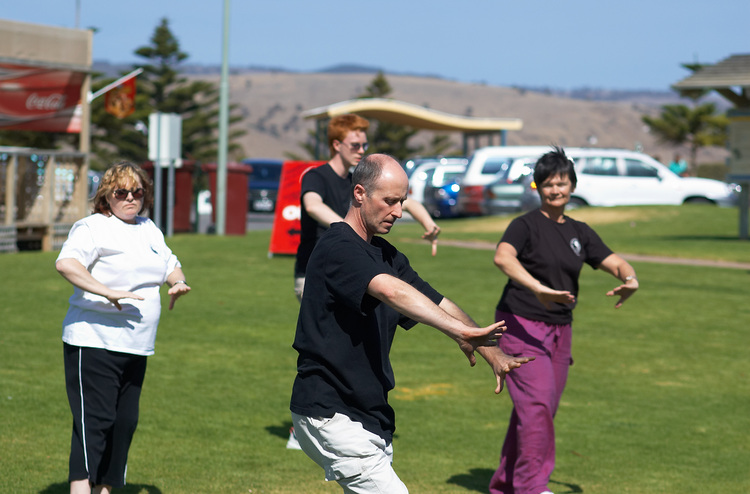
What do Pittsburgh, Pennsylvania, the San Joaquin Valley, California, Birmingham, Alabama, Salt Lake City, Utah, Chicago, Illinois, and Detroit, Michigan have in common? They are among the most polluted cities in the United States.
According to an American Heart Association Report, July, 2010, there is a scientific evidence that ozone might trigger cell death in the heart.
Tests on rats overseen by Rajat Sethi, assistant professor in the Department of Pharmaceutical Sciences at the Texas A&M Health Science Center, and other researchers proved that ozone or O3 negatively affected a heart-protective protein. In other words, ozone which decreased levels of the good protein also makes a chemical available that is known for "telling the heart cells to die."
In another July,2010, report by the AHA, researchers in Germany found that rats that were implanted with genetically engineered stem cells may have less heart damage and improved cardiac function after a heart attack. More research is needed before human testing can begin.
According to the July 28 HealthDay News (taken from the New England Journal of Medicine), "if you haven't been well-trained in CPR and you see someone having what appears to be a heart attack, just doing chest compressions to help keep the blood flowing can be as effective as CPR that includes mouth-to-mouth breathing."
It is now hoped that bystanders might be more willing to attempt CPR, doubling the chances for survival. Emergency dispatchers can provide instructions on where to place your hands. Dr. Thomas Rea, medical director of the Emergency Medical Services for Seattle and King County, WA, hopes that lay people will start doing chest compressions in an emergency. "You don't have to be perfect," he said, "Your actions can save a life."
Heart patients who have needed an aortic valve transplant from a dead donor now have another option. Researchers are showing that use of the patient's own pulmonary valve to replace the malfunctioning aortic valve may be a better way to go. A dead donor's pulmonary valve can then be transplanted into the heart patient.
An Italian study found that personality is linked to a thickening of the neck (carotid) artery walls. If you're hostile and tend to be manipulative or aggressive, you have a 49% greater risk of causing your arteries to narrow--thus increasing your chances for cardiovascular disease, heart attack and stroke.

































